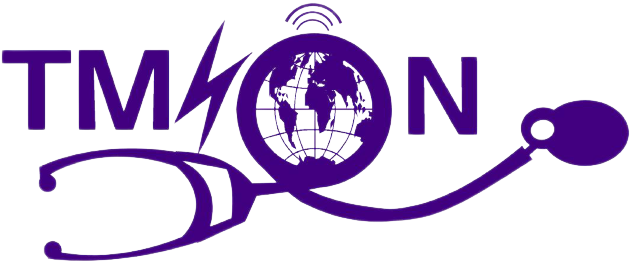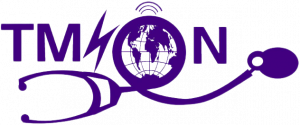In a proactive move to integrate telemedicine and digital health into the academic curriculum, the Telemedicine Society of Nepal (TMSoN) has entered into a strategic partnership with Kathmandu University, specifically collaborating with their Health Informatics Master Program. In this collaboration, TMSoN played a pivotal role in the development of a specialized curriculum titled “Telecare, Medical Signal, and Imaging.”
Under this initiative, TMSoN is actively involved in providing comprehensive support for the course, ensuring that the educational content aligns with the evolving landscape of telemedicine in Nepal. The resource persons entrusted with delivering this course receive full backing from the Telemedicine Society of Nepal, ensuring a rich and insightful learning experience for the students.
One notable aspect of the collaboration is the inclusion of both theoretical and hands-on classes, allowing students to delve into the intricacies of the Nepalese telemedicine landscape. The enthusiastic response from students underscores their keen interest in gaining practical insights into the application of telemedicine in the local context. This approach not only equips students with theoretical knowledge but also empowers them with the practical skills required to navigate the dynamic field of telemedicine effectively.
TMSoN firmly believes that the integration of telemedicine into university curricula is a pivotal step toward fortifying telemedicine initiatives in the country. By fostering an educational environment that actively engages with and embraces telemedicine principles, this collaboration aims to produce a cadre of professionals well-versed in the nuances of digital health, telecare, and medical signal and imaging.
This forward-thinking partnership represents a proactive measure to bridge the gap between academic learning and real-world applications in the realm of telemedicine. By nurturing a generation of professionals equipped with the knowledge and skills needed to harness the potential of telemedicine, TMSoN, and Kathmandu University contribute significantly to the ongoing evolution of healthcare practices in Nepal.



